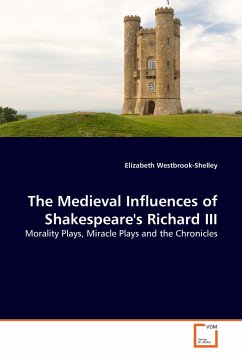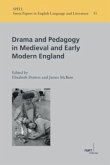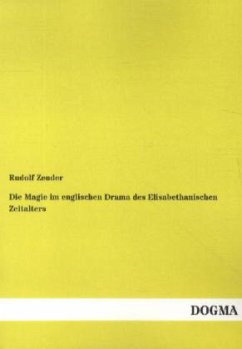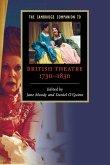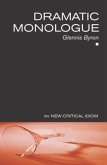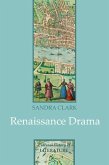There are many striking similarities between Shakespeare's The Tragedy of King Richard III and several types of medieval works: morality plays, miracle plays and chronicle accounts. The morality play genre is represented in the drama most distinctly by Richard's representation as the Vice, a popular figure first characterized as the devil's helper who eventually eclipsed the devil and became the sole figure of evil. Richard also shares characteristics with the miracle or mystery play figures of Cain and Herod, figures who commit evil deeds and are rightly punished by God. Shakespeare was also strongly influenced by the chronicle accounts of Raphael Holinshed and Edward Hall, who base their accounts of Richard's fight for the crown and subsequent reign on Sir Thomas More's chronicle account, The History of King Richard the Third. It is from More's work, repeated in Holinshed and Hall, that Shakespeare heavily borrows for the events and occurrences in his Richard III. Elizabeth Westbrook-Shelley has here compiled a critical comparison of Richard III and the source material. This is a valuable resource for Shakespeare scholars and students of British history.
Bitte wählen Sie Ihr Anliegen aus.
Rechnungen
Retourenschein anfordern
Bestellstatus
Storno

